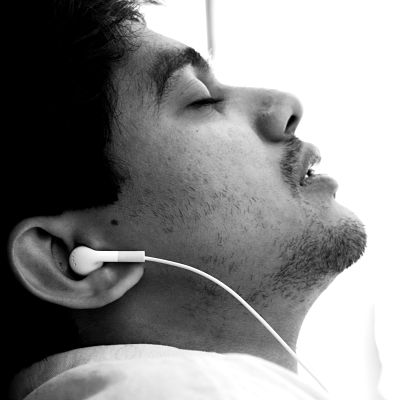
Take your time
In last week’s article I looked at drivers, one type of program that runs in our heads and can have an impact on the way we think, feel and behave. I see drivers in all of the clients that I work with when providing therapy and that is because we all have them. Drivers are learnt behaviour from our childhood. When we are in our driver behaviour then we feel safe, this is called “conditional OKness” in Transactional analysis because we only feel OK if we are in our driver. Stepping out of the driver behaviour can feel like a bit of a challenge but the more we do this the more likely we are to feel content in our lives.
In this article I am going to discuss allowers. These are the antidotes to drivers. Let’s go through them one by one.
Driver: Hurry Up. Allower: Take Your Time. “Hurry Ups” can benefit greatly from slowing everything right down and taking the time to enjoy things. This can be applied across the board from driving (far less speeding tickets and increased safety) to eating (better digestion and weight loss if the feeling of being full is not ignored).
Driver: Be Strong. Allower: Be Open And Express Your Wants. “Be Strongs” Tend to shut off their feelings and plough on regardless of what is going on in their life. By following the allower and getting in touch with their feelings “Be Strongs” can reclaim a lost part of themselves and connect with others more easily. Decisions become easier to make too as we make decisions from a feeling place rather than a thinking place. “Be Strongs” sometimes find it difficult to ask for what they want and tend to take themselves off by themselves in order to get their needs met. By activating the allower a “Be Strong” can start to ask for what they want with other people and see that they don’t have to be alone to get what they want.
Driver: Be Perfect. Allower: You Are Good Enough As You Are. If “Be Perfects” can learn to ease off the self criticism and produce whatever they do to a good enough level then they can save themselves a huge amount of stress, time and energy. There are many things that really do not require perfection and are either done or not done. Realising that there is a law of diminishing returns with certain activities frees the “Be Perfect” up to have a life and improve relationships rather than being involved in activities.
Driver: Try Hard. Allower: Do It. “Try Hards” often get into a struggle with things and flap around the periphery without getting stuck in and completing things. By just doing it they can teach themselves that they can be successful and don’t need to do all of the faffing to achieve.
Driver: Please others. Allower: Please Yourself. “Please Others” tend to put other people before themselves and not get their own needs met. By doing things for themselves and asking for what they want the resentment of being “missed” by others is removed and they can learn that they are OK if others are not happy with what they do. This is a better situation for all concerned as the huge arguments that often results from months of stored up dissatisfaction are avoided.
OK, I hear you shouting already.. “I often behave in a (insert driver here) way and have no understanding of how the hell I (insert allower here)! How do I do this?”
Some ideas about how we move into our allower behaviour will be the subject of my next article!
Download your free guide to Transactional analysis here.
Buy the book: TA Today : A New Introduction to Transactional Analysis by Ian Stewart and Vann Joines. This is the standard text for trainee transactional analysists and a great book for explanations of TA theory. Click on the link to be taken to Amazon (affiliate link).
 Script is often compared to destiny or fate by those who misunderstand this Transactional Analysis idea. So what does a TA therapist mean by script?
Script is often compared to destiny or fate by those who misunderstand this Transactional Analysis idea. So what does a TA therapist mean by script?